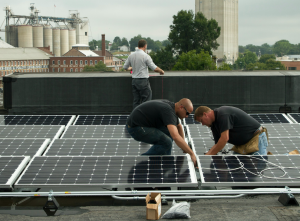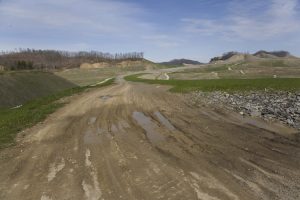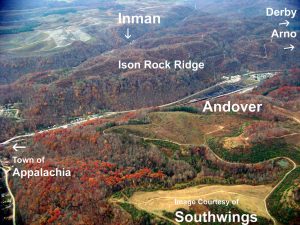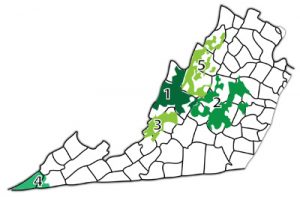
We’re hitting the road to tell Virginians about our plan to transition the commonwealth to clean energy. Find out when we’re coming to your town.
Starting today, Appalachian Voices and the Wise Energy for Virginia coalition are embarking on a statewide road tour to promote New Power for the Old Dominion, a commonsense campaign to change the direction of Virginia’s energy future.
Our events in Richmond and Charlottesville this week are the first stops on our tour where we’ll lay out the Wise Energy for Virginia coalition’s solution for a viable shift to clean energy in Virginia. It is a shift that Dominion Virginia Power, the commonwealth’s largest utility and the electric provider to a majority of Virginians, discounts in its recently released long-term planning report. The Dominion plan snubs energy efficiency and renewable energy in favor of additional nuclear power and new natural gas plants.
Dominion’s plan has token amounts of solar, and while it does not include significant wind, I realize it was written before Dominion’s successful bid for a potential 2,000-megawatt wind farm off Virginia’s gusty coast.*
(more…)














